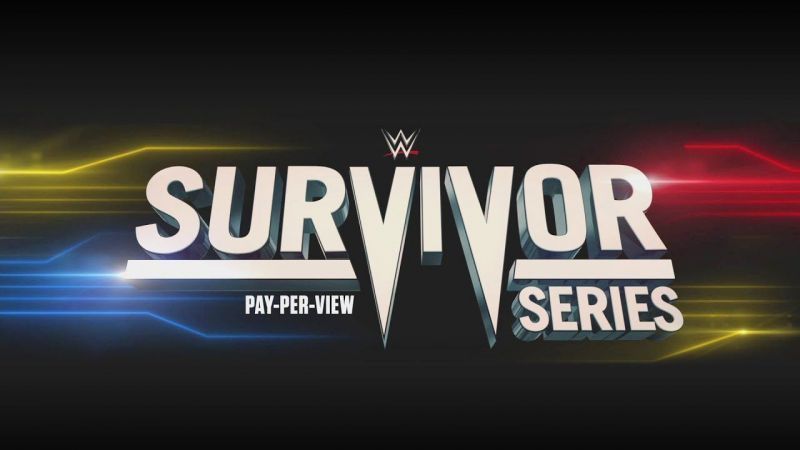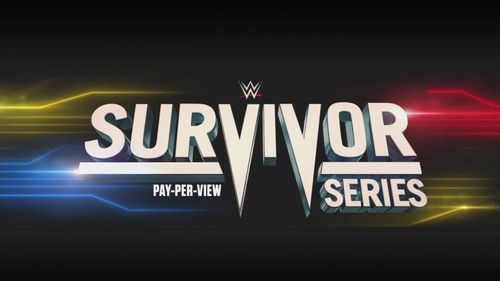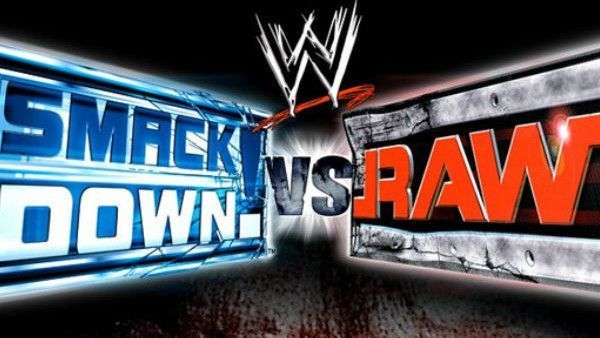
5 reasons that this year should be the last brand vs brand Survivor Series

Disclaimer: The views of the author do not necessarily represent that of Sportskeeda
Since 2016, WWE's Survivor Series pay-per-view event has been centered around brand supremacy. It's an interesting concept when done sparingly, or when wrestlers stick solely to their specific shows and never interact with the exception of events such as the Royal Rumble match. That has not been the case for the majority of the last brand split (2016 until... some point in 2019) and the current draft happened so recently that nobody has even had a chance to settle into their new show yet. Thankfully, WWE has the added element of NXT this year, which is absolutely brilliant. It should also be the final time that Survivor Series should be the home of the brand versus brand bragging rights contest.
We've seen some great matches over the years -- Brock Lesnar's matches with AJ Styles and Daniel Bryan were particularly outstanding. The Usos had a great match with Sheamus and Cesaro, and the SmackDown vs. RAW 10-on-10 elimination match in 2018 was also particularly enjoyable.
One of the biggest issues, however, is that there are no stakes. They hype up, for weeks and weeks, that it's all about brand supremacy, and the best brand will come out on top, and then, the next night on RAW, it's like none of it ever happened. The winners aren't happy to have bested the other brand and the losers aren't upset that they came up short. Nobody wins anything, nobody loses anything -- it's just... there. That's only one reason that this year should be the final brand vs brand (vs brand) edition of Survivor Series. Here are 5 more.
#5 Wrestlers appearing on other shows would have a bigger effect

WWE has always hyped the two different brands up to be a really big deal. They had split pay-per-views (an idea that they tried during the original and most recent versions before giving up due to low interest), the General Managers would argue over who would win the Royal Rumble match, and occasionally someone would show up on the other show as a big surprise.
The concept of splitting up the roster eventually started to disappear, and while WWE kept up the illusion that there were three brands (RAW, SmackDown, and ECW in that timeframe), stars from each show turned up just about every week on other shows, with some guys even showing up on all three. The Wildcard rule was just an excuse to have wrestlers show up whenever and wherever. Changing RAW's name from RAW to "RAW SuperShow" was the mid-to-late 2000s version of the Wild Card.
If WWE doesn't run a brand vs. brand show every year, it makes surprise appearances on different shows much more exciting. If it's rare, it's fresh.